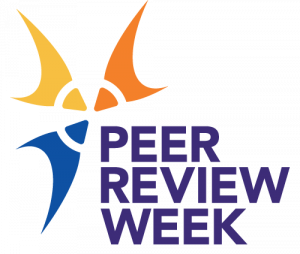 As we embark on Peer Review Week 2024, running from September 23 to September 27, we reflect on the fundamental role peer review plays in the world of scholarly publishing. The scholarly publishing community, including The Electrochemical Society (ECS), marks this week by celebrating peer reviewers whose diligence and expertise ensure the integrity, quality, and impact of the research published. This year’s theme—Innovation and Technology in Peer Review—embodies the spirit of collaboration and rigorous standards that are essential to advancing science.
As we embark on Peer Review Week 2024, running from September 23 to September 27, we reflect on the fundamental role peer review plays in the world of scholarly publishing. The scholarly publishing community, including The Electrochemical Society (ECS), marks this week by celebrating peer reviewers whose diligence and expertise ensure the integrity, quality, and impact of the research published. This year’s theme—Innovation and Technology in Peer Review—embodies the spirit of collaboration and rigorous standards that are essential to advancing science.
Peer review is the backbone of scientific research. Every groundbreaking paper published today is a testament to the peer reviewers assessing the quality and validity of manuscripts submitted for publication consideration. For over 100 years, ECS has been a global leader in advancing electrochemistry and solid state science. This progress has been fueled by the contributions of peer reviewers, who uphold the mission of accelerating advancements in science while maintaining an unwavering commitment to protecting the integrity of the scholarly record. At its core, peer review is a process of scrutiny, correction, and validation. It ensures that research findings are trustworthy, replicable, and based on sound methodologies. This process enables journals to publish work that can reliably contribute to the scientific community’s collective knowledge and helps prevent the dissemination of false or misleading information. Peer reviewers are the gatekeepers, safeguarding the integrity of the scholarly record. (more…)


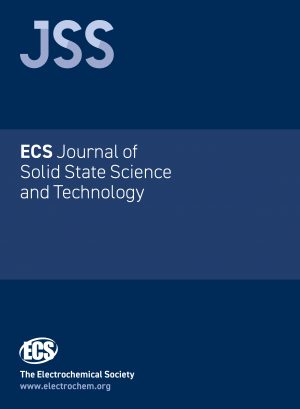
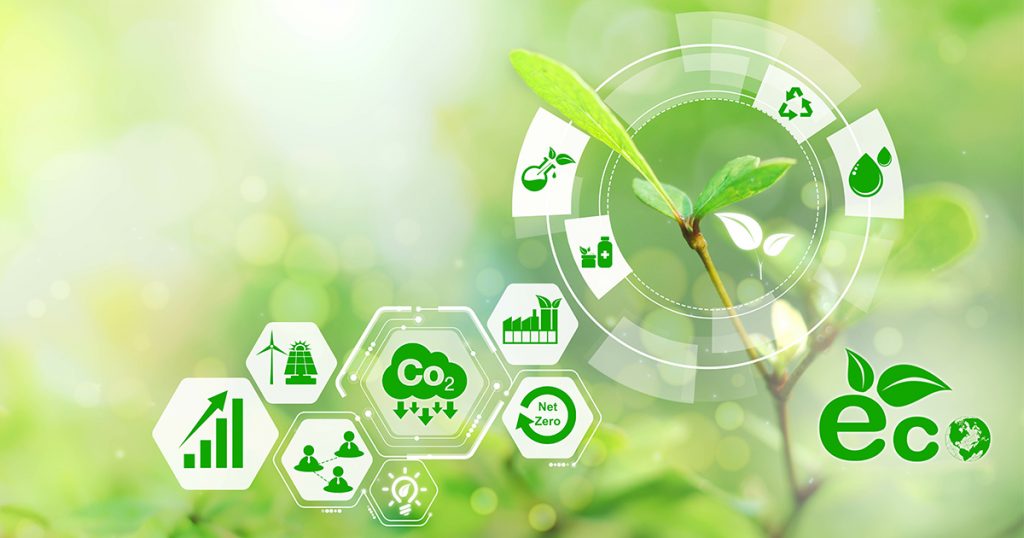
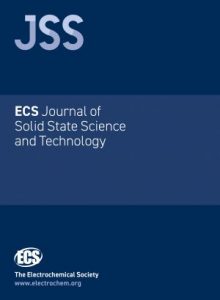

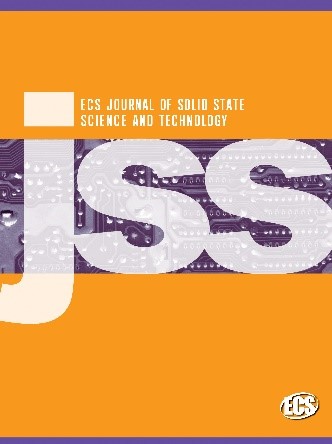
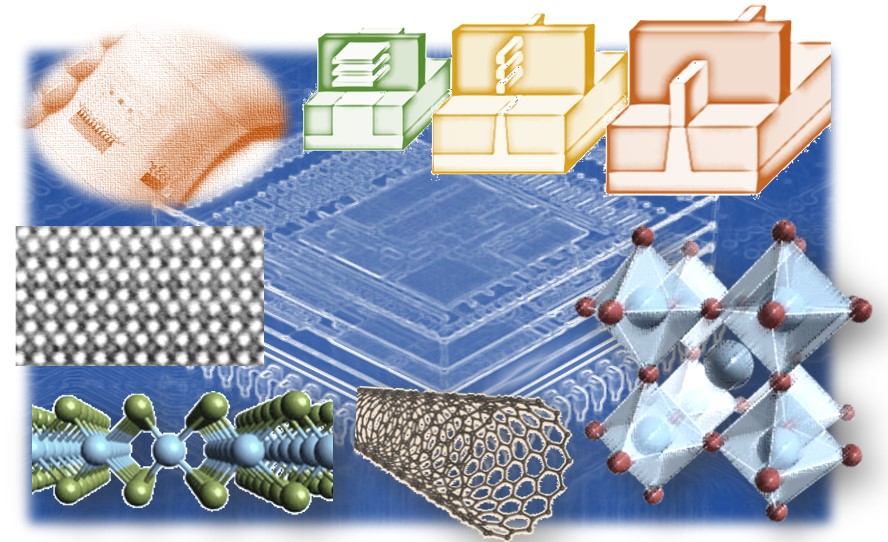
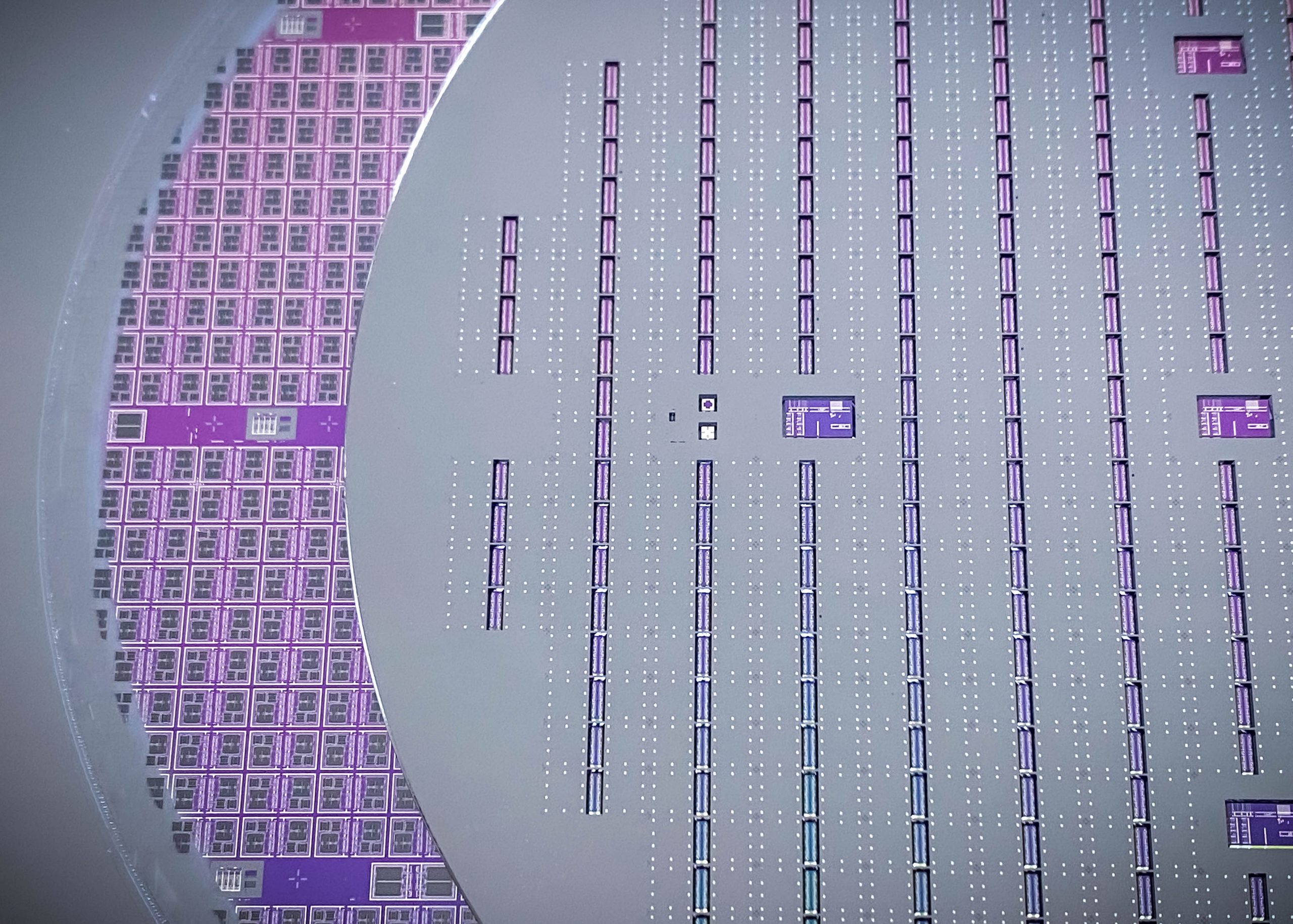 The ECS Journal of Solid State Science and Technology is publishing a focus issue in connection with the Semiconductor Wafer Bonding: Science, Technology, and Applications 16 Symposium that took place during
The ECS Journal of Solid State Science and Technology is publishing a focus issue in connection with the Semiconductor Wafer Bonding: Science, Technology, and Applications 16 Symposium that took place during